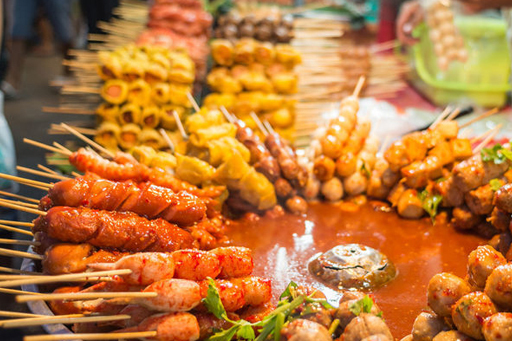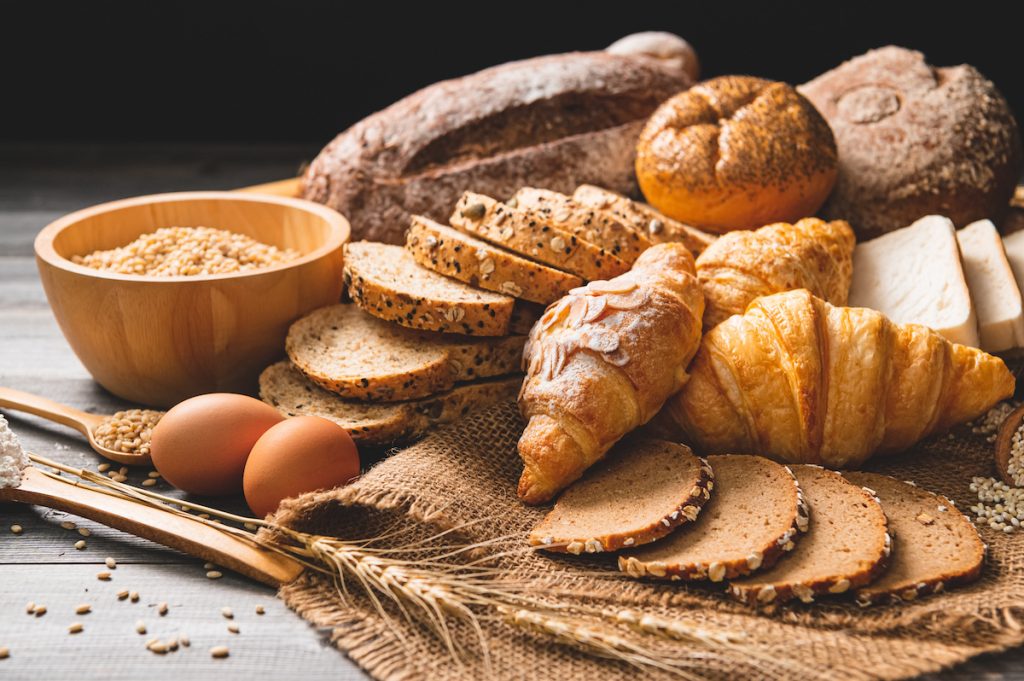LATEST NEWS
LifeCare Dietitians Answer Most Frequently
Asked Questions about Ramadan.
Life Care Diagnostic
March 30, 2021
Many people are expecting weight lost especially during the fasting month. However, some people are experiencing weight gain during the month of Ramadan. Have you ever wondered why and how should you avoid it? Does intermittent fasting work the same with fasting during Ramadan? Here are our dietitians answering the frequently asked questions during Ramadan.
1. Why do I put on weight during Ramadan?

Some people do experience weight gain during the fasting month. The main reason is due to the higher calories intake during the fasting month compared to the usual non fasting month. Generally, people tend to over purchase food especially at bazaar during the month. These foods are usually higher in calories, sugar and fat. Ramadan iftar gathering for a big feast is also one of the main causes of overeating and weight gain. Other than that, reduced physical activities during the month can be another reason for weight gain.
2. Is it safe to exercise during Ramadan?

Exercising on an empty stomach with no food and water, especially during the hot weather in Malaysia sounds tough and not possible.
It is perfectly fine to exercise during the fasting state. It is important to maintain physical activity and to stay physically fit even during the fasting month. If you are an early riser, you may work out just before sahur.
You can opt to work out an hour before iftar or you may break the fast with something light and exercise, then have a balanced meal after the workout. Wondering what is something light to break the fast? You can consider breaking fast with one to three dates and a glass of water.

Dates are a good source of fiber, sugar, and minerals. This tradition is rooted in religious teachings of the Prophet Muhammad, who is quoted as saying: “When one of you is fasting, he should break his fast with dates; but if he cannot get any, then (he should break his fast) with water, for water is purifying.” But remember not to overexert yourself during exercising especially during fasting month.
3. How to keep hydrated during Ramadan?

Drink plenty of water between iftar and sahur. Avoid caffeinated drinks such as coffee, tea and carbonated drinks as they may increase the risk of dehydration. Foods that are higher in water content such as soup or fresh salads can be served during iftar. Hot weather can make you sweat more, so it is important to replenish the fluid lost during the day.
4. Is intermittent fasting similar to fasting during Ramadan?
The latest wave in weight loss through a diet regime is known as intermittent fasting. The main similarity is the practice of dividing the day to an eating period and a fasting period. The difference is the aim behind fasting – one is for religious purpose and the other is for weight loss. Significant calories reduction during the fasting period has helped people to lose weight. It is advisable to consult your Dietitian if you wish to try intermittent fasting.
5. Are there any tips for a healthy diet during the fasting month?
Below are a few tips to keep your diet healthy during the fasting month:

Never over purchase at bazaar.
Ramadhan bazaar is the best place to get all the tempting local delicacies that are only around during the fasting month. We always end up buying more than what we need. Always have a plan. Remember Ramadan is a month long. You can visit the bazaar any day of the month to purchase other food. Limit yourself to one main dish and one dessert for each bazaar visit.

Always keep yourself hydrated.
Do not drink all required water at one time. Aim for at least 1.5 to 2 litres throughout the night till sahur. However, avoid caffeinated and fizzy drinks as they may affect digestion and these drinks can be high in calories and sugar. Eat fresh fruits and vegetables as they are high in water content to keep you hydrated.

Always practice a healthy and balanced iftar and sahur
Include plenty of vegetables, choose wholegrain and get a portion of healthy protein. Avoid processed food or food that are high in fat and sugar.
Chew your food slowly.
Chewing our food slowly will help us to avoid indigestion and prevent overeating.

Do not skip sahur
Sahur, the light meal before the beginning of the fast, helps to reduce hunger pangs, improve alertness, provide energy and rehydrate. It is not necessary we must eat rice for sahur. This has always been a misconception where rice, especially in big portions, gives us satiety. Opt for a fiber rich meal by incorporating oats, brown rice, wholemeal bread for sahur to keep you feeling full longer.
For more information, please contact our Dietitians. Wishing all Muslim friends, customers, and members Selamat Menyambut Bulan Ramadan. May this holy month bless you with happiness and forgiveness that you seek.
KKLIU 1600/2021



